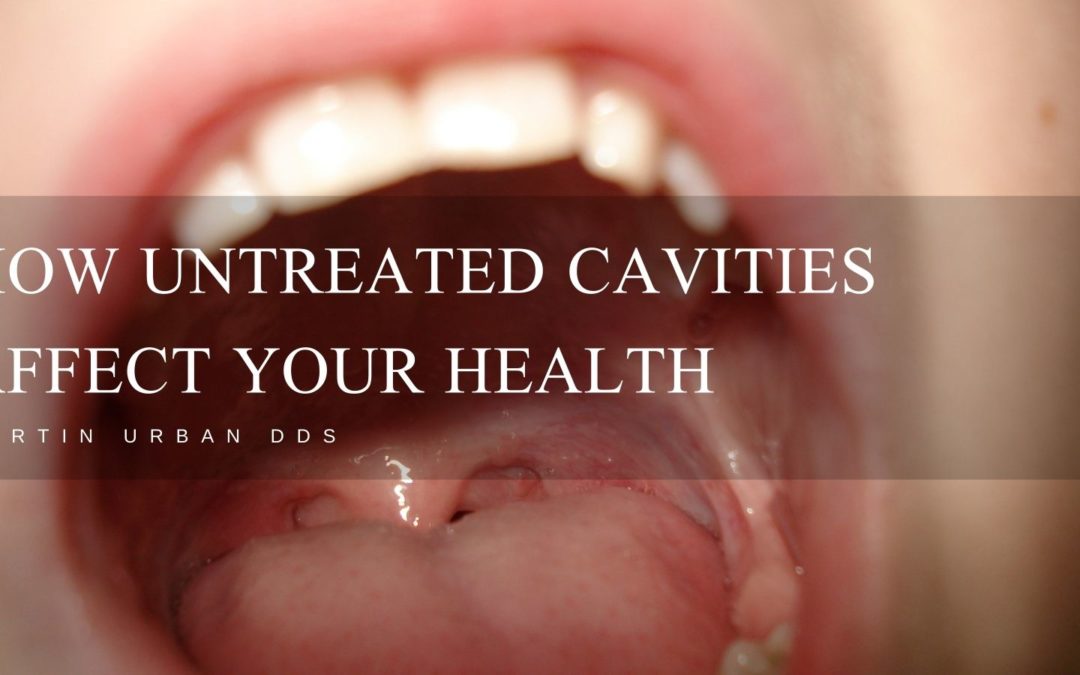How Do Cavities Progress?
A cavity is a decayed part of a tooth that starts very mild in the early stages. At first, bad bacteria in the mouth mix with acids from the sugar in their food. This has the effect of creating soft spots in the tooth enamel. Some tooth decay can be reversed with good oral hygiene and fluoride treatments at this extremely early stage. If nothing happens at this point, it will begin to erode the enamel and reach the underlying dentin. Eventually, the cavity can reach the pulp of the tooth and cause a major infection.
What Are the Signs of a Cavity?
A dentist can spot the signs of an early cavity on an x-ray or during a visual exam. Cavities typically begin to cause pain and sensitivity once they reach the dentin layer of the tooth. Depending upon where the cavity is and how deep it has become, a person might see black or brown spots or a hole on the surface of their tooth. Someone with a severe cavity might experience a boil or pimple on their gum. This is called an abscess, and it means that an infection is developing in the root or nearby tissue.
How Can You Prevent and Treat Cavities?
Just brushing and flossing regularly is all it takes to reduce the risk of cavities. It is also a good idea to limit sugar and avoid acidic drinks such as soda. Scheduling regular visits to the dentist help to spot tooth decay as soon as possible so that a person can treat cavities right away.
Most people will develop at least one cavity in their lifetime. Making sure to stay on top of it can prevent serious pain and tooth loss that impact a person’s quality of life. Treating each

